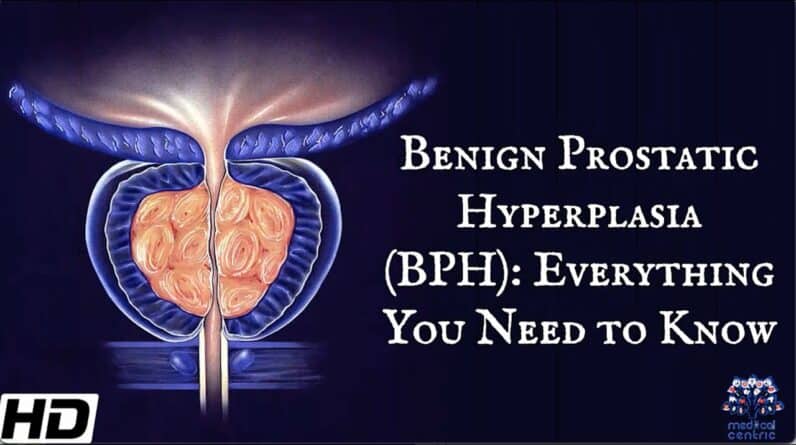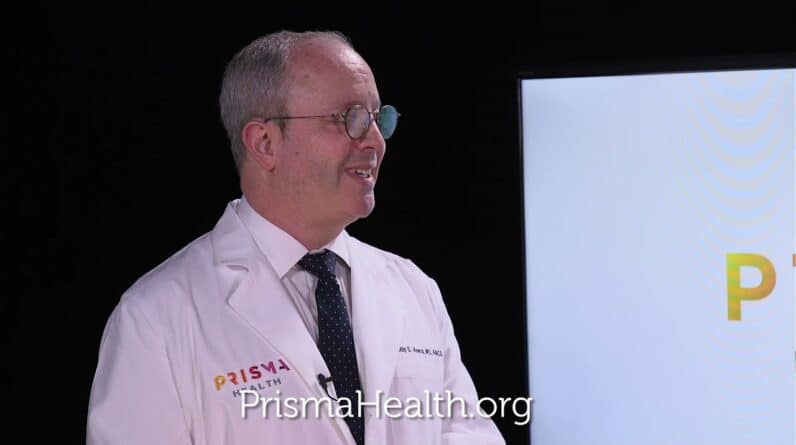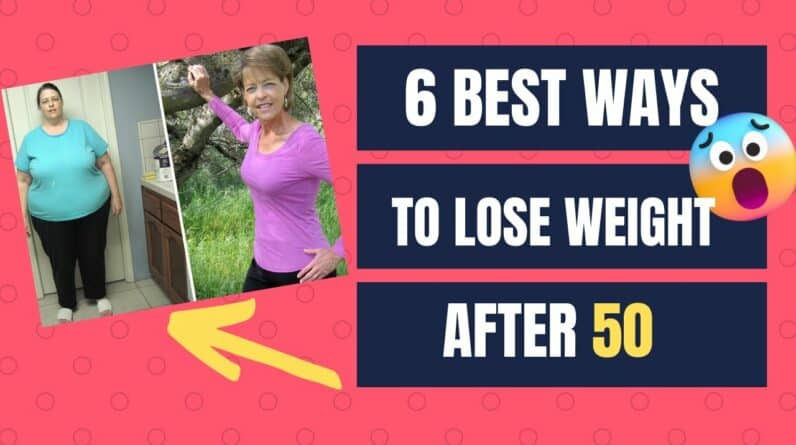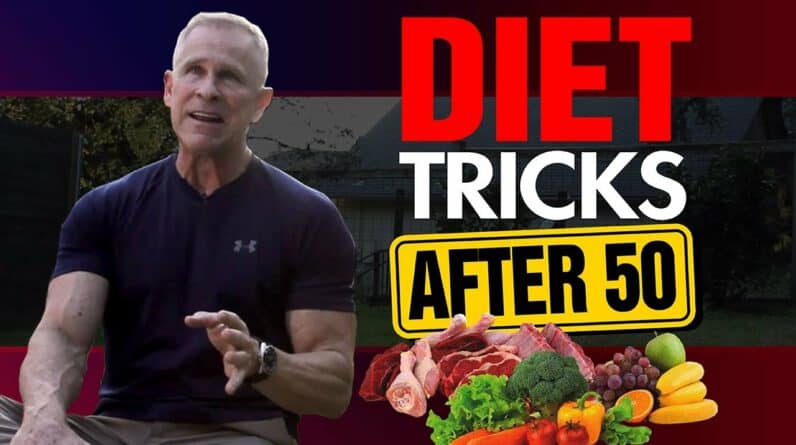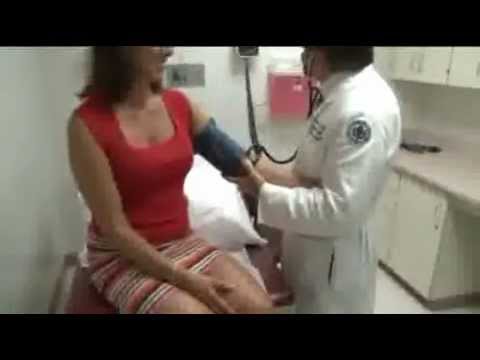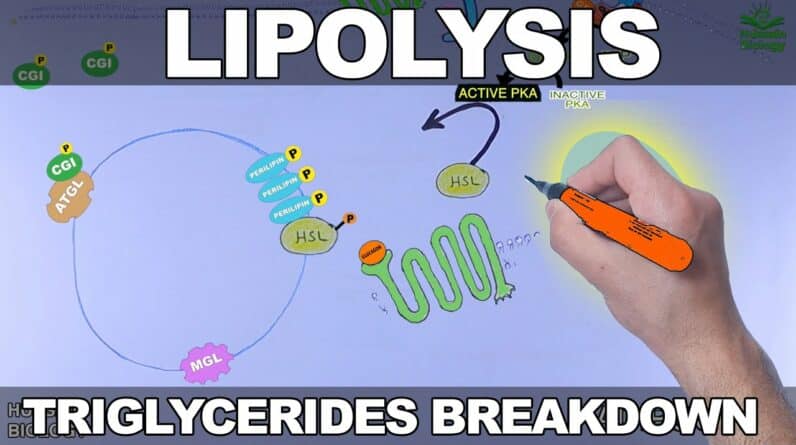
Dementia Discovery That is Leaving Doctors Speechless (Try This Tonight)
Better than Morphine For Joint Pain… Yet Safer Than Aspirin?
Retire With Freedom. Start Earning Extra Cash Today.
If you’re like most people who are over 50, you probably think that it’s too late to start working out. Luckily, this couldn’t be further from the truth. It’s actually never too late to start a new healthy habit.
As the years go on your body changes and it becomes harder and harder to stay in shape – but it’s not impossible! Working out is super important for people of all ages because even when we age we need exercise to keep our bodies functioning at their best and reduce the risk of health problems.
The biggest reason why older people (50+) should exercise regularly is that it can improve your bones and prevent osteoporosis.
Osteoporosis, also known as porous bones, is a disease that causes bones to become thin and fragile. Although the disease is most common in women, men can get it too. In fact, about 10 million Americans have osteoporosis or an overt risk factor for the condition!
Osteoporosis is especially common among older women because of physical changes that occur in their bodies after menopause (such as decreased estrogen levels). However, it’s not only older women that are at risk of this disease. A study conducted by the Arkansas Bone Institute showed that 35% of people who are in their 50s have low bone mass.
Besides bone density, there are other specific risk factors. The three most common ones are:
1) You’re inactive
2) you’re overweight or obese
3) You’ve had a medical condition that affects your bones (such as rheumatoid arthritis or lupus)
So if you have one of these risk factors you need to change your lifestyle to protect yourself against osteoporosis and prevent it from happening.
Luckily, working out is one of the best ways to do so.
A study published in the Journal of Clinical Densitometry showed that resistance training helped elderly women build denser, stronger bones and lose weight.
No matter your age, your workout routine should include strength training exercises. These exercises strengthen your muscles, help you maintain a healthy weight, and can even prevent osteoporosis.
For example; the following exercises are great for helping you build bone density:
1) Squats – squats are perfect for strengthening the muscles in your hips and thighs. This translates to greater bone density in those areas.
2) Lunges – lunges work the muscles in your thighs, hips, and knees, which is important because it helps you to maintain bone density in all of those areas with age.
3) Push-ups – push ups are also great for building and maintaining bone density in your arms.
With these exercises, you can do 30 minutes and still get a full-body workout!
Another great thing about working out is that it’s contagious.
Most people either work out with a partner or at the same time as a partner. Working out together with a partner is great because it helps you to be more accountable for your workouts and more likely to stick to them!
The other benefit of working out with a partner is that you can motivate each other. If your friend is on the treadmill next to you, then that treadmill might not seem so boring anymore. Or maybe you’re worried about looking like you don’t have the energy to work out. If you’re working out with a friend, he or she can motivate you and push you to do more!
The activities I’ve listed above are great because they take very little time and effort – around 30 minutes a week. So hopefully this article made it clear how important it is for older people to exercise regularly.
But don’t take my word for it! Try out these exercises and see how good they make you feel.
Disclaimer: The information in this article is intended for educational and entertainment purposes only and should not be used instead of or contrary to that of a medical professional. Before taking supplements, starting a new diet, or embarking on a new exercise regime please consult a medical or nutritional professional. The owners of “Getting Healthy After 50” are not medical professionals and are simply redistributing information that is freely available on the internet.

